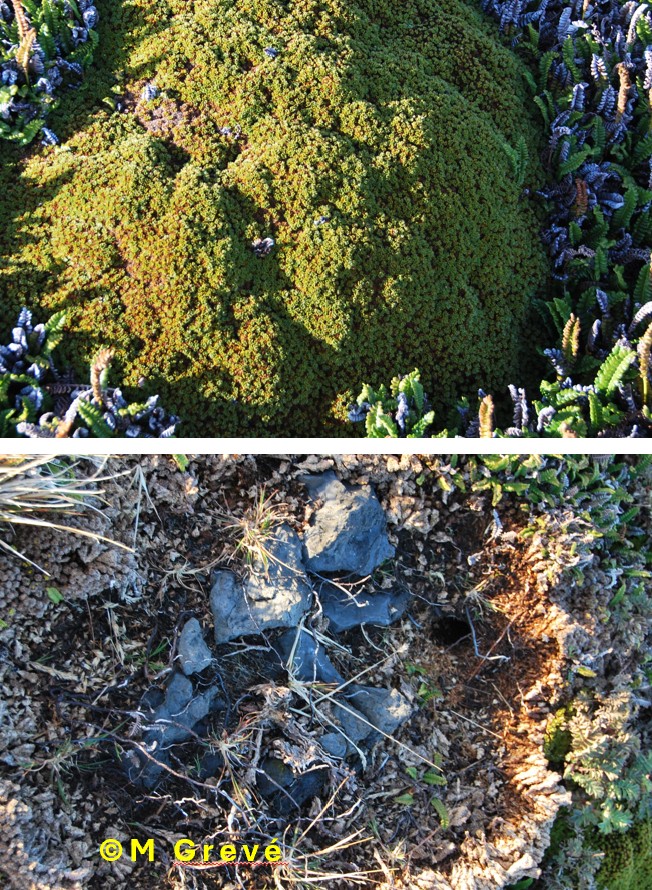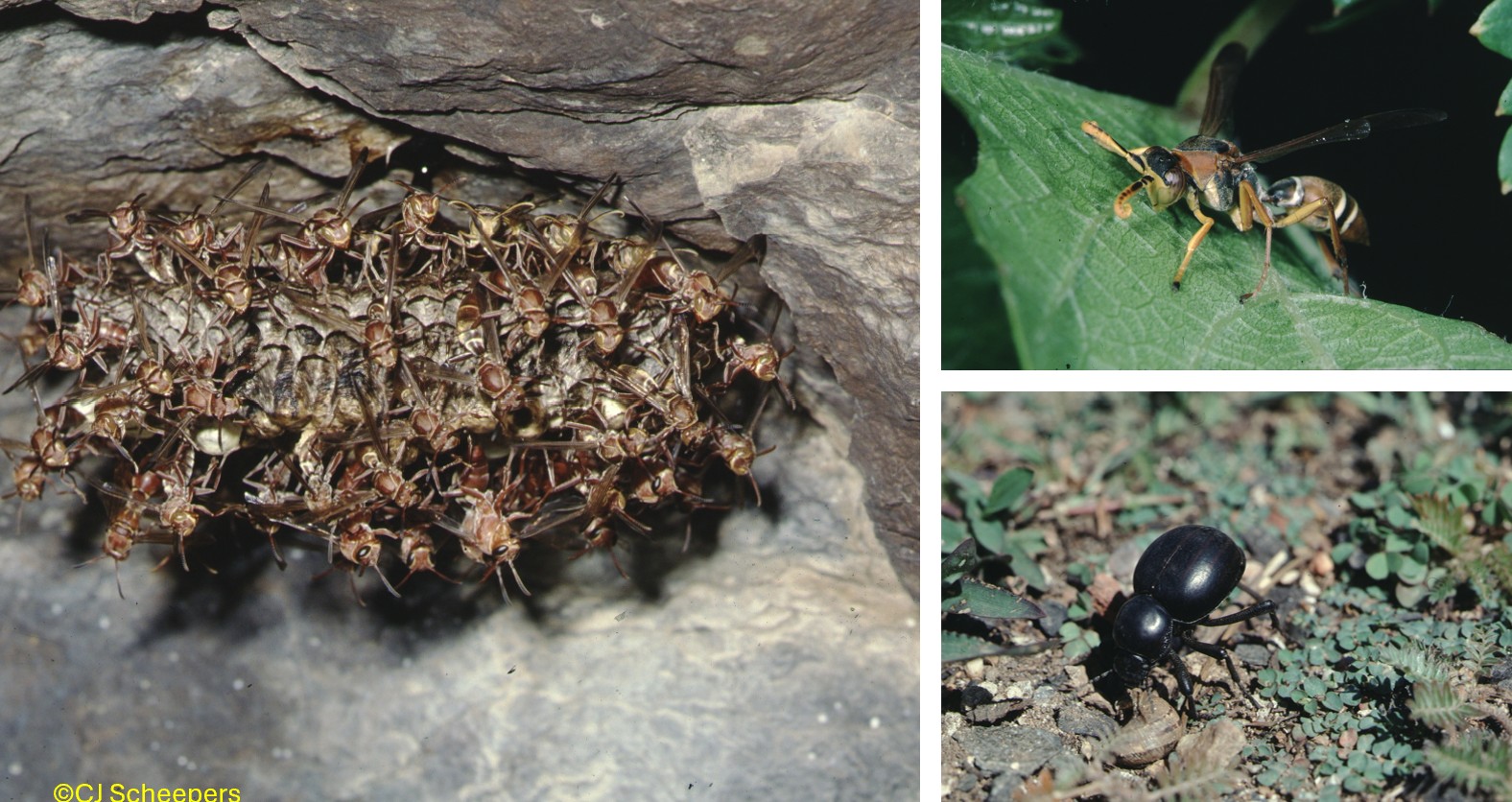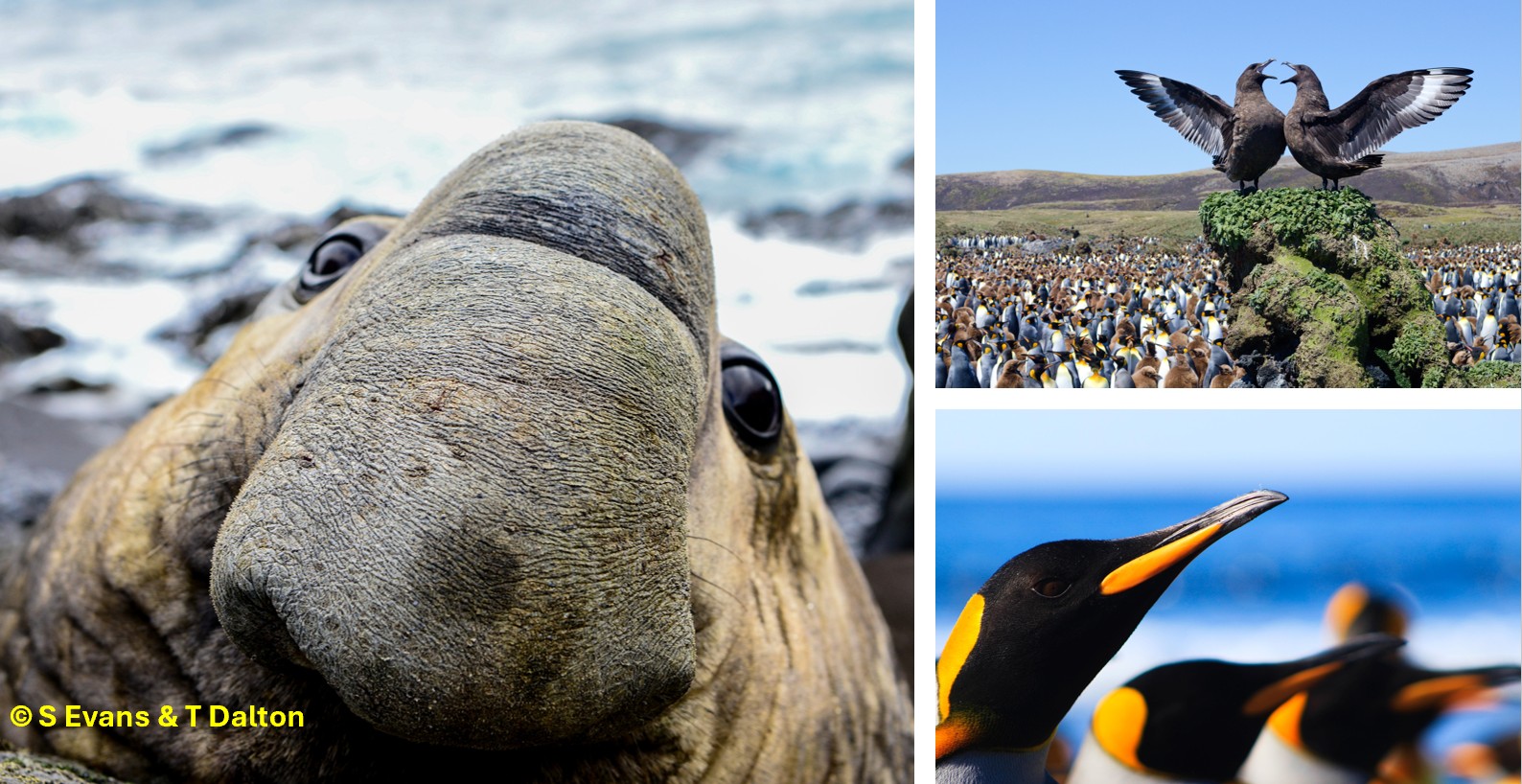On 18 March 2011, South Africa officially opened the new Marion Island Research Base, marking a significant milestone in the country’s commitment to environmental research and conservation. Situated in the sub-Antarctic region, Marion Island is one of the most remote and ecologically sensitive locations on Earth. This research facility has played a crucial role in advancing our understanding of climate change, marine biodiversity, and ecological sustainability.

 A State-of-the-Art Facility in a Harsh Environment: The new research base replaced an aging structure that had served scientists for decades. Designed to withstand the island’s extreme weather conditions—high winds, freezing temperatures, and heavy rainfall—the facility boasts modern amenities, improved insulation, and sustainable energy solutions. Its construction ensured that researchers could continue their work in greater comfort and safety while minimizing human impact on the pristine island ecosystem. The Marion Island Research Base has facilitated groundbreaking research in various scientific disciplines. Key areas of study include Climate Change Monitoring, Seabird and Marine Mammal Studies and Invasive Species Management.
A State-of-the-Art Facility in a Harsh Environment: The new research base replaced an aging structure that had served scientists for decades. Designed to withstand the island’s extreme weather conditions—high winds, freezing temperatures, and heavy rainfall—the facility boasts modern amenities, improved insulation, and sustainable energy solutions. Its construction ensured that researchers could continue their work in greater comfort and safety while minimizing human impact on the pristine island ecosystem. The Marion Island Research Base has facilitated groundbreaking research in various scientific disciplines. Key areas of study include Climate Change Monitoring, Seabird and Marine Mammal Studies and Invasive Species Management.
 A Legacy of Environmental Stewardship: The opening of the new research base reinforced South Africa’s commitment to conservation and international scientific collaboration. Marion Island, along with its sister Prince Edward Island, is a designated Special Nature Reserve, and research conducted here contributes to the broader understanding of sub-Antarctic ecosystems. As we commemorate this milestone, we recognize the dedication of scientists, engineers, and construction workers and overwintering team members who have worked tirelessly to ensure the success of the Marion Island Research Base. Their efforts not only enhance our knowledge of this unique environment but also contribute to the broader fight against climate change and biodiversity loss.
A Legacy of Environmental Stewardship: The opening of the new research base reinforced South Africa’s commitment to conservation and international scientific collaboration. Marion Island, along with its sister Prince Edward Island, is a designated Special Nature Reserve, and research conducted here contributes to the broader understanding of sub-Antarctic ecosystems. As we commemorate this milestone, we recognize the dedication of scientists, engineers, and construction workers and overwintering team members who have worked tirelessly to ensure the success of the Marion Island Research Base. Their efforts not only enhance our knowledge of this unique environment but also contribute to the broader fight against climate change and biodiversity loss.
Looking to the Future: Marion Island Research Base continues to stand as a beacon of scientific exploration and ecological responsibility. Future research will further explore the island’s role in global environmental systems, ensuring that its natural wonders remain preserved for generations to come.

